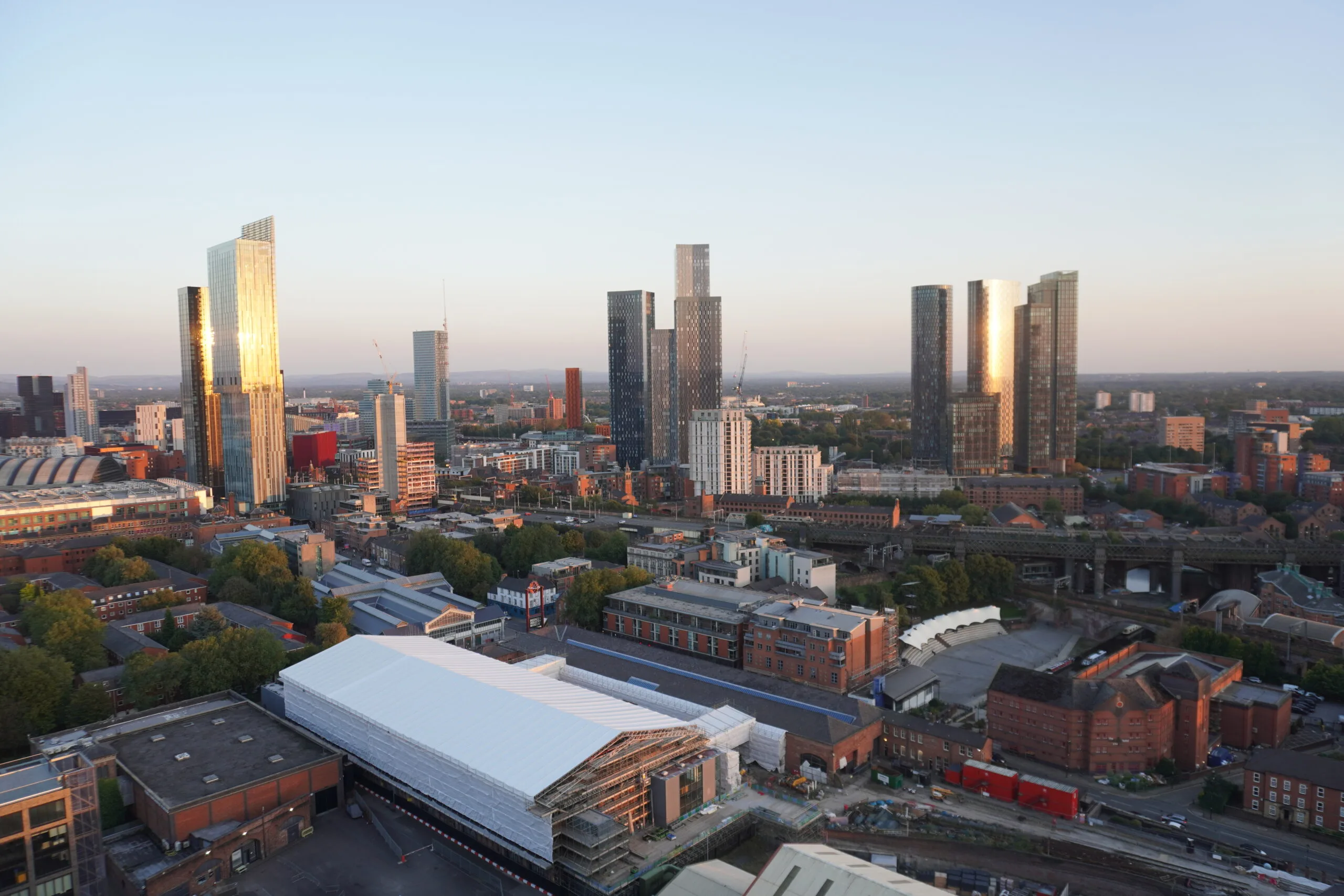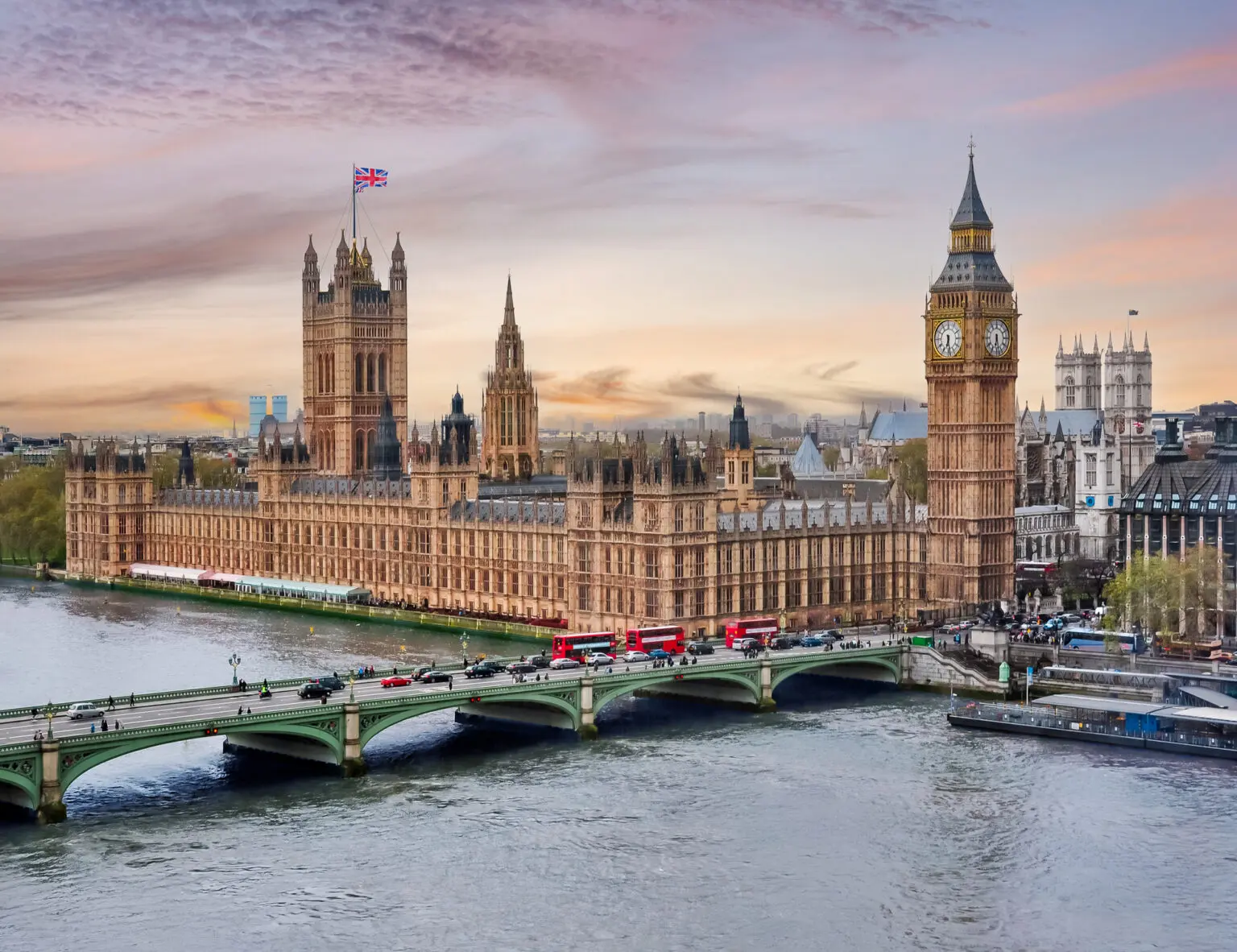Property in the UK has for a while been a popular investment for locals and foreigners alike. In 2014, London beat Hong Kong and and Tokyo in the race to be the most expensive city per square foot in the world.
With the financial crisis hitting and a lot of investors getting burnt by shares and assets falling drastically, real bricks and mortar appeared to be the next best thing. And London’s property market accelerated.
Trump, Brexit & the UK’s Property Market – Dilemma or Opportunity?
Brexit may have had an impact on this for now. But, like with most things to do with the country’s decision to say farewell to the EU, uncertainty is ever-present. So what will property look like in the post-Brexit world? And how much of an influence will Donald Trump’s election have on the market?
The bigger picture
Property performance is very closely related to economic growth. This means, whatever will happen to the country’s economy will probably also happen to its housing market. Looking at the property market from that angle, one would assume that the market bears its biggest potential for those looking for long-term income over short-term capital growth.
Considering the environment we’re currently in; one with low growth, low interest and low bond yields, property will remain an attractive income stream for investors.
A question of supply
For the moment, transaction values have dropped over the last nine months. This fall, combined with any uncertainty the market may experience, will delay a growth in prices to a certain point.
It might, however, also be important to keep in mind that supply is another driving factor when it comes to house price growth. The number of homes available in the UK is still far below what is necessary to meet the demand.
The market’s Trump card
We might not know what exactly post-Brexit Britain will look like but we know even less about Donald Trump’s ideas on how to run a country; his views on trade, commerce, immigration or investment. Any assumption that a Trump residency means higher business investment, greater Government spending and lower taxes and regulation is unrealistic at best. At least in the long run.
Property investors ready to get into build-to-rent sector. Big time.
Presidencies run for four years, without any impeachments that is, and any reasonable fear of a trade war or tariff-led trade policy shaking up the global economy make old safe havens like property in London (and other cities in the UK) even more attractive.
In addition to that, Europe faces some political risk with elections in the Netherlands, France and Germany in 2017, not even to mention the mess the Italian referendum left behind.
Looking at all of this, Britain’s bricks and mortar might appear even steadier as an investment than they did in the past.










